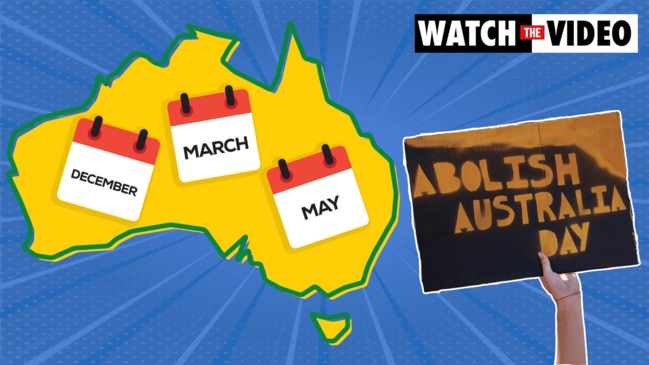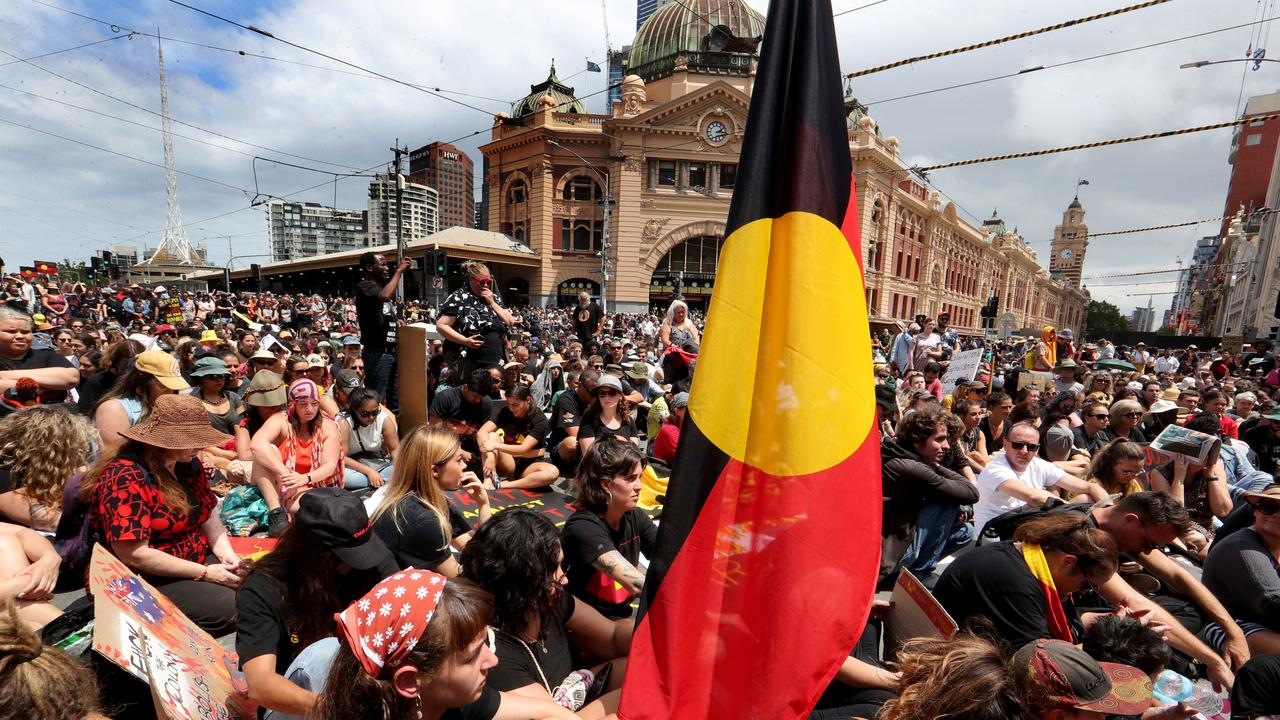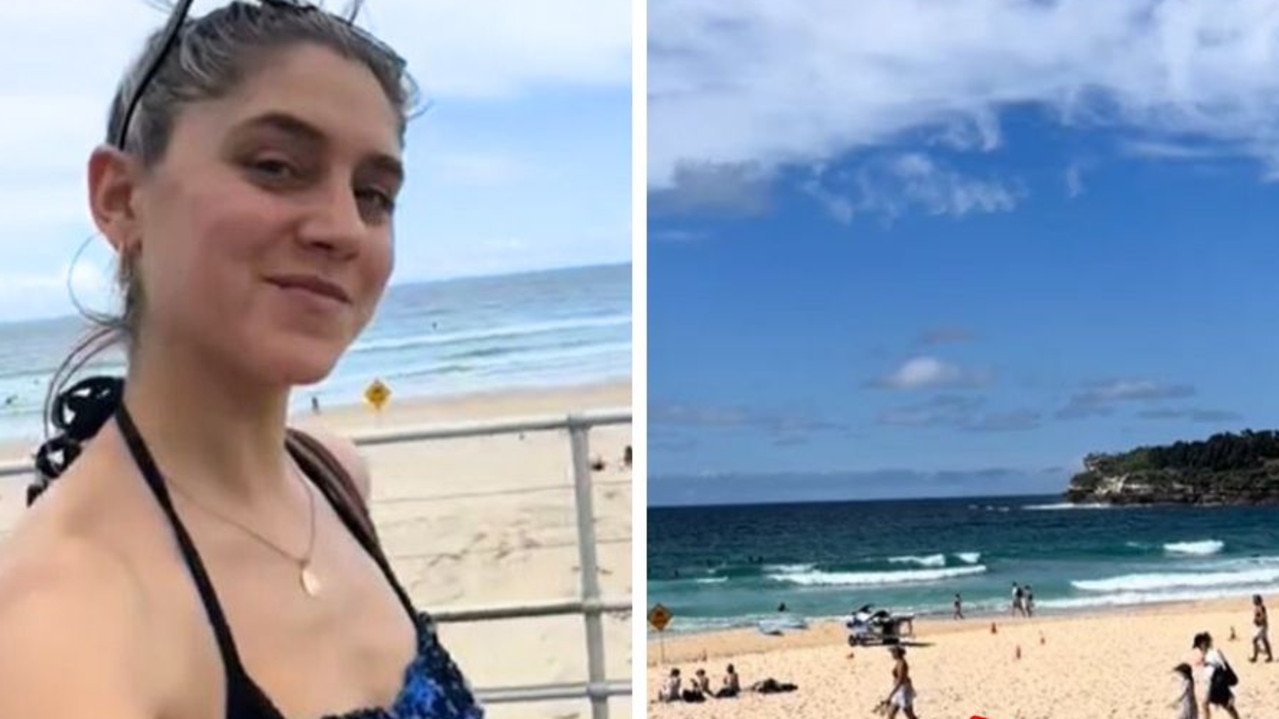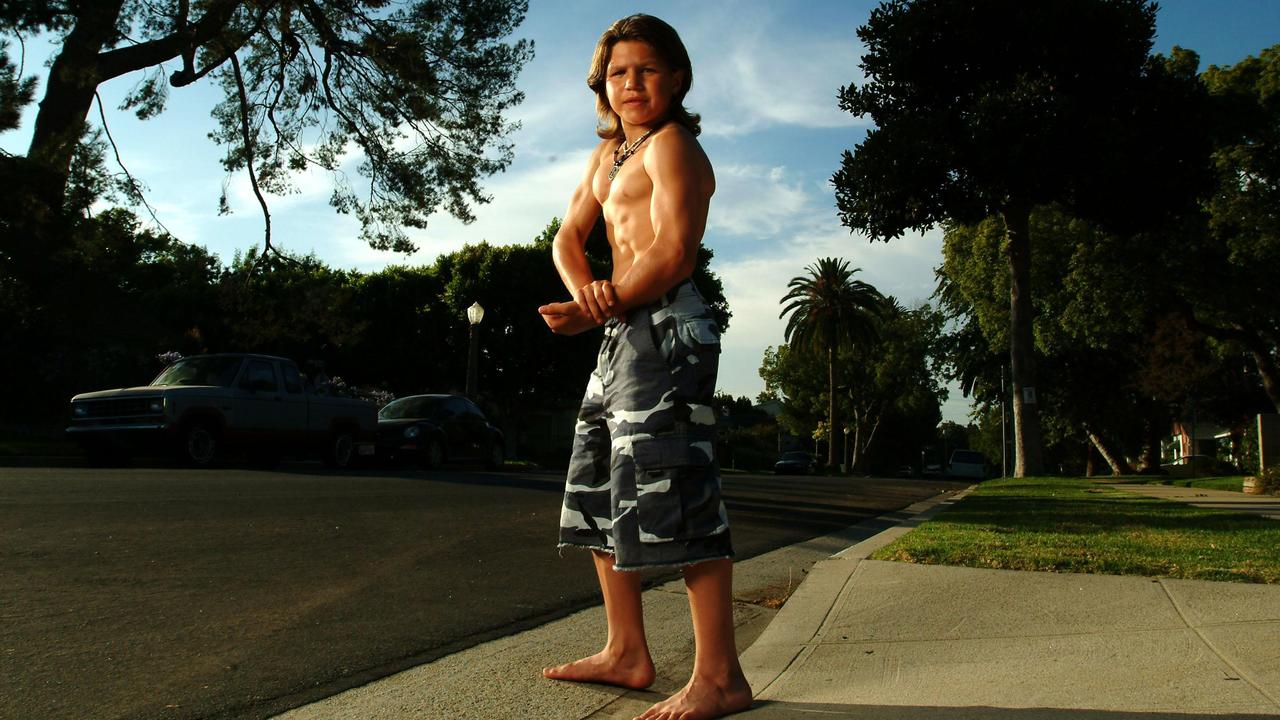Your annual reminder that January 26 was actually pretty horrific for Australia
For some Australians, January 26 marks the day the “journey to our modern Australia began”. But for our Indigenous peoples, it signifies something else entirely.

In the lead-up to January 26 last year, Scott Morrison uttered a sentence that demonstrated how far the attitudes of our leaders, and too many others, towards Australia Day and the experiences of our Indigenous peoples still have to go.
Speaking about the continued fight to change the date of our national holiday from one that marks the dispossession of our continent’s First Nations people, the Prime Minister resisted the call to either find an alternate date for Australia Day or eradicate it altogether.
“[Australia Day is] about how far we’ve come together since that day. You can just airbrush things that have happened in the past. I think one of the great things about Australia … is we are pretty up front and honest about our past,” Mr Morrison said.
“When those 12 ships turned up in Sydney all those years ago, it wasn’t a particularly flash day for the people on those vessels either.”
It was a speech that left many dismayed.
January 26 is not a day for celebration – that’s why news.com.au is campaigning to change the date of Australia Day, so we can celebrate the best country in the world, without leaving anyone behind.
The PM may associate January 26 with the beginning of the “journey to our modern Australia”, “the most successful and cohesive immigration and multicultural nation on earth”, or even the arrival of his own fifth-great-grandparents, who came here as convicts.
But for Indigenous people, January 26 is not known as Australia Day, but as Invasion or Survival Day. It’s associated, not with the moment “modern Australia” was born, but the beginning of the time when they were beaten, shackled, suffered massacres, land theft, stolen children and widespread oppression.
January 26, 1788, was the trigger point for colonisation and racism, the impacts of which are still felt and experienced — in every aspect of Australian society — 234 years later.
![“[Australia Day is] about how far we’ve come together since that day. You can just airbrush things that have happened in the past.” Picture: NCA NewsWire/Gary Ramage](https://content.api.news/v3/images/bin/fa0f4bb459d2098fb3a2279e792d512c)

Mr Morrison may have deemed Australians “upfront and honest about our past”, but one only needs to look at 2020, when a worldwide movement shouted that Black Lives Matter, to see that more often than not, we aren’t honest at all.
The demonstrations called into question why — with our history of incarceration, dispossession and Indigenous deaths in custody — it took the death of an African American man to show it was well and truly time for Australia’s own national reckoning.
Despite then-Prime Minister Kevin Rudd’s 2008 apology to the stolen generations — Indigenous people who were forcibly removed from their families as children by the state — successive governments have failed to close the gap on Indigenous inequality.
Indigenous people die younger (an Indigenous male born in 2015-2017 is expected to live to 71.6 years, 8.6 years less than a non-Indigenous male); the number of Indigenous children in “out of home care” is staggering (as of 2020, 1 in 18 Indigenous children were in out of home care, 11 times the rate of non-Indigenous children); and while Indigenous adults make up around two per cent of the national population, they constitute close to 30 per cent of the national prison population. Decades of calling for recognition in the constitution have gone unanswered.
Indigenous women are 32 times more likely to be hospitalised due to family violence than non-Indigenous women.
“At the same time, it’s very well known that Aboriginal women have a history of being treated as the perpetrator by the police and justice system, rather than the victim,” Noongar human rights lawyer and member of the UN Permanent Forum for Indigenous Issues, Dr Hannah McGlade, has said.
In the 30 years since a royal commission handed down a report aimed at preventing Indigenous deaths in the justice system, 500 Aboriginal and Torres Strait Islander people have died in custody, Australian Institute of Criminology figures showed in December.
Despite the wishes of those who believe Australia should be celebrated — and that January 26 is the date to do so — “you cannot separate the celebration of Australia Day from the issues that plague our communities”, Darumbal/South Sea woman and then-Indigenous Affairs reporter at Buzzfeed News, Amy McQuire, wrote in a 2018 piece.
“The past affects the present, and unless there is change, it will affect our future,” she wrote.
“It is tempting to believe that we can move on, and ‘reconcile’ as a nation, without undergoing a process of truth-telling. But it is never that simple.
“Australia resists accountability, because to acknowledge it would mean confronting what the accountability would lead to: a treaty process; true land justice where Aboriginal people have the right to live and hunt and practice culture on country; and the possibility of reparations as a pathway towards healing.”
Whether we change the date or get rid of it entirely, as Indigenous designer, artist and activist from Goreng Goreng Country, Rachael Sarra explained in an Instagram post in 2020, “the date is like the key to your house, you need it to open the front door”.
“Changing the date is not the outcome nor is it a magical cure to generational trauma, but it is the key in changing mindsets,” she wrote.
“It’s key because changing the date of Australia is an invitation, it’s an invitation for us mob to feel at home in our own country. It is NOT a deportation letter to those who don’t identify. Changing the date is accountability, it’s saying that we f**ked up, real bad. But we are ready to rectify this.
“We are willing to look at our bias, and we are ready to put your needs first, because we know we could have done better. Changing the date is saying, we trust you to determine your own lives, we value your knowledge, and most importantly, it’s saying we don’t want you to hurt anymore at the hands of our celebration. Australia Day does not exist on January 26.”




